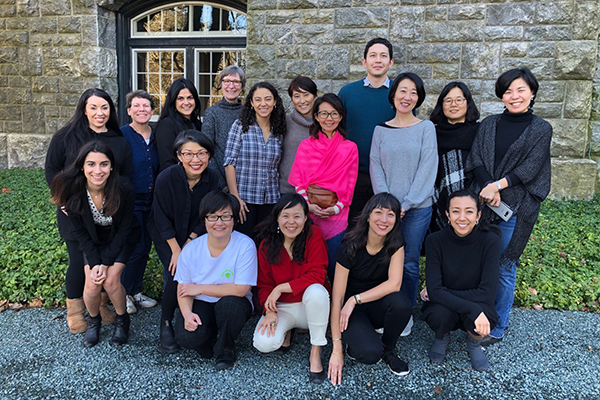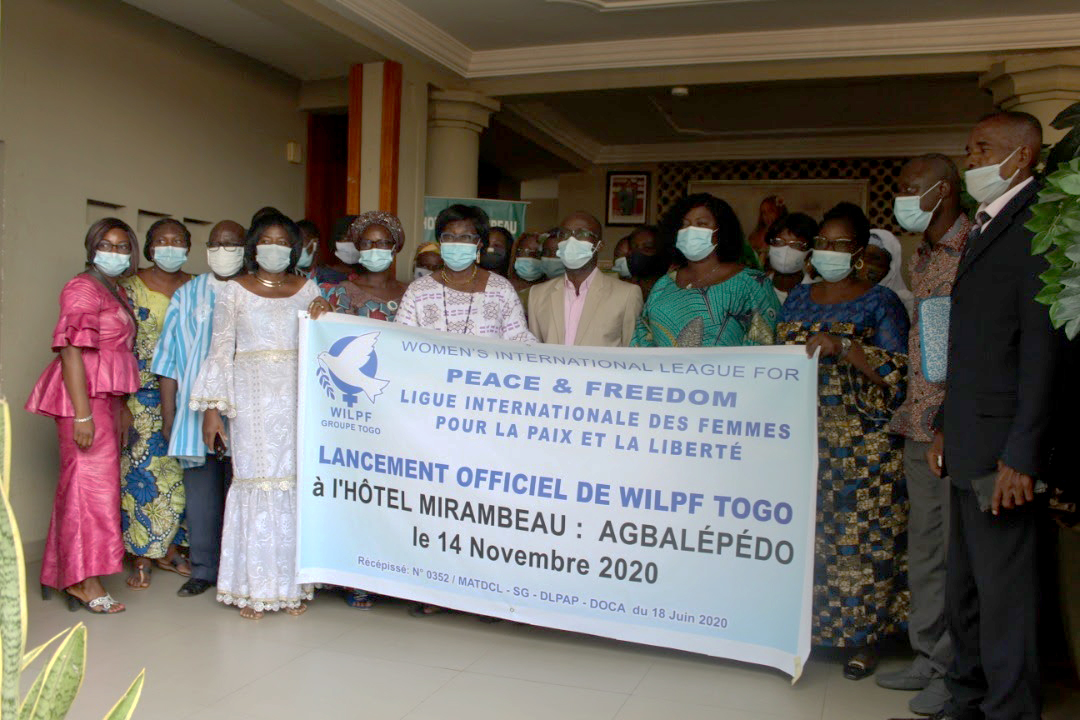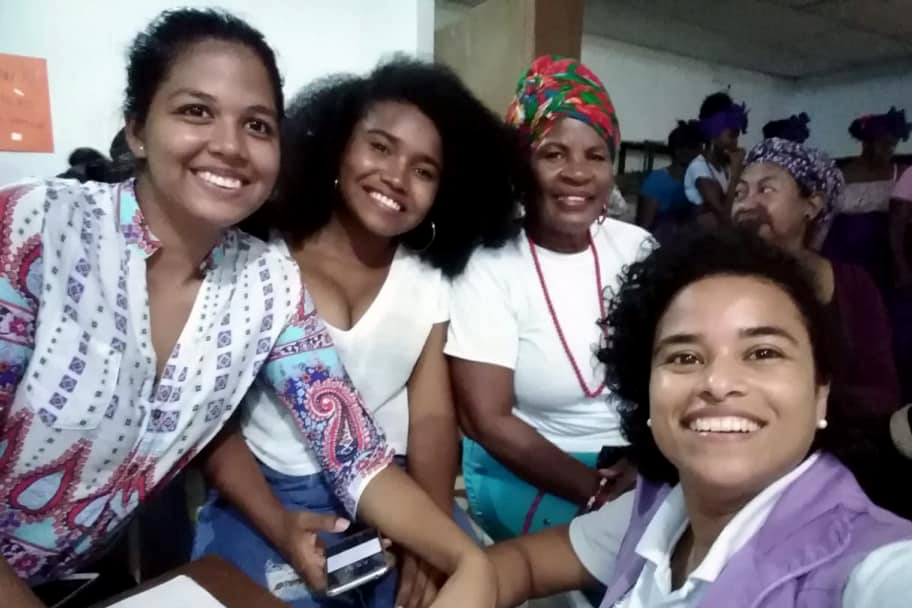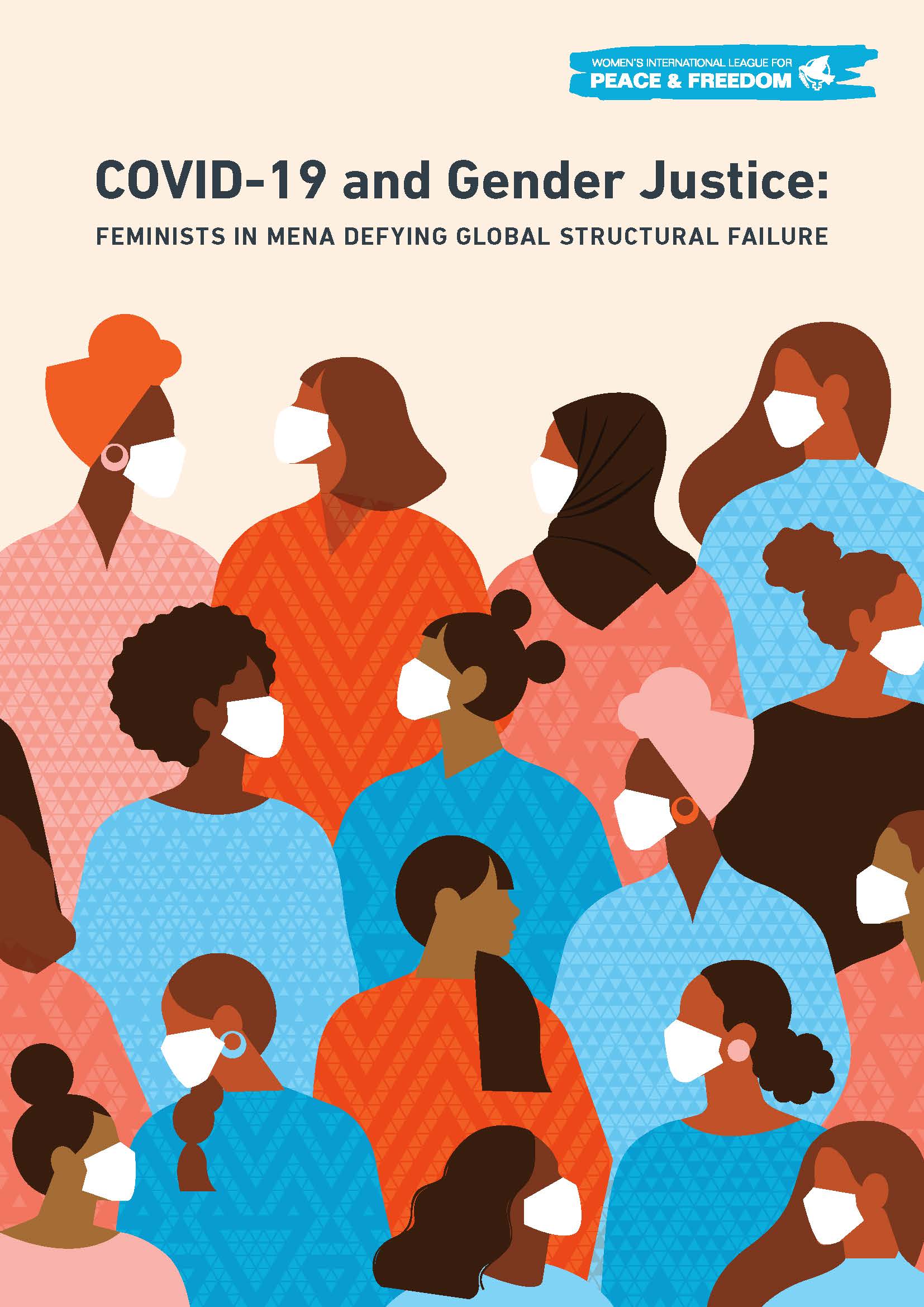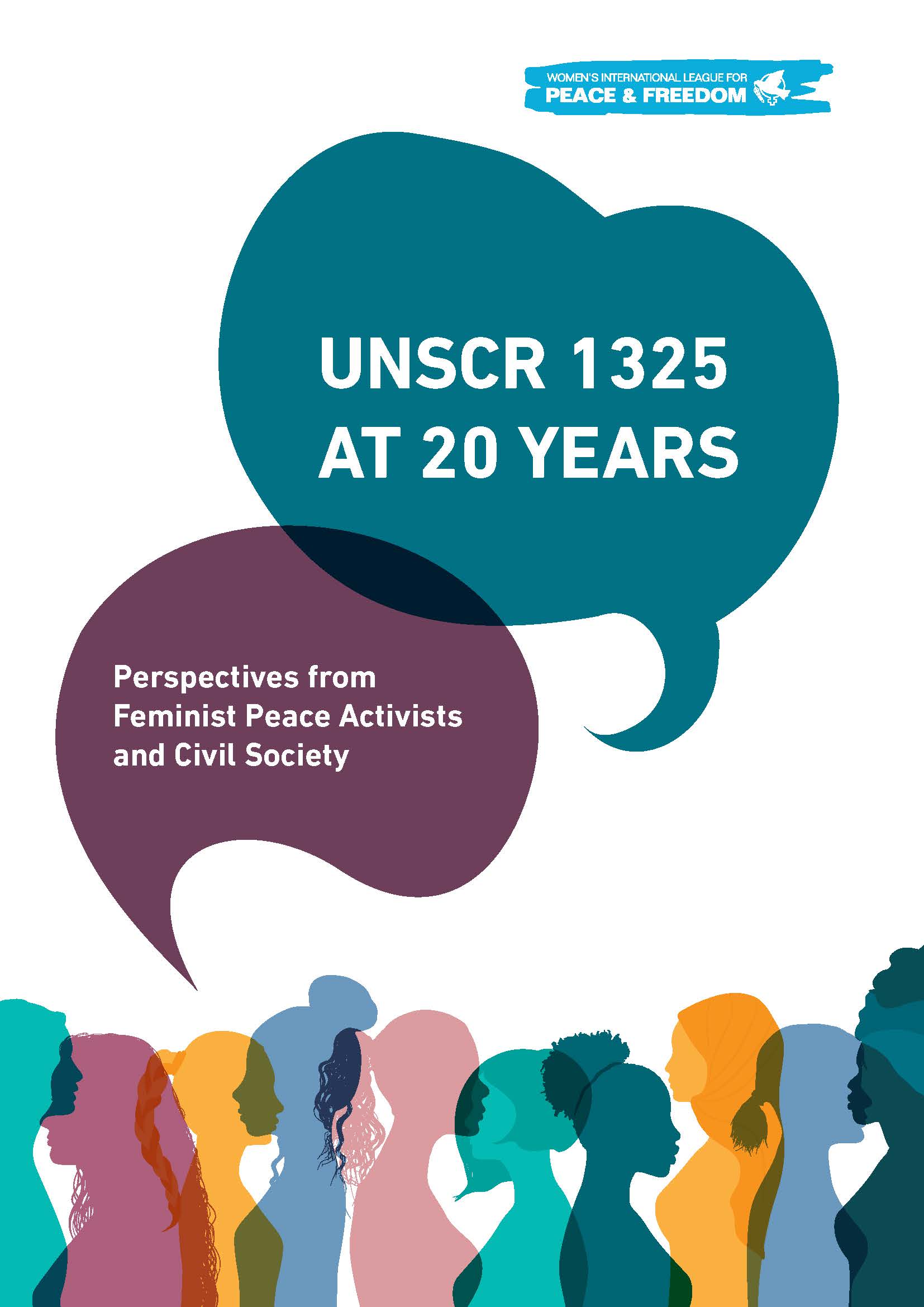Yemen is a nation in crisis.
Since 2014, the country has been in the grips of a devastating civil war that has left nearly a quarter of a million people dead. In 2020, under the added strains of the COVID-19 pandemic, Yemen’s healthcare system collapsed along with its resource supply chains.
In the midst of Yemen’s historic humanitarian crisis driven by years of conflict and the effects of COVID-19, a movement for peace has emerged – and it’s being led by women.
Our vision of feminist peace means making a world where everyone can enjoy a decent livelihood; health; freedom from violence; a flourishing natural environment; and so much more.
From WILPF’s statement on Human Rights Day 2020
In our current world, with so many converging crises, it can be difficult to figure out what to focus our attention on, what to spend energy on. But it is clear that throughout history, social pressure is what leads to change.
From Ray Acheson’s blog post “COVID-19: The Pandemic of Nuclear Weapons
Times of global uncertainty are a prime time for feminist planning, organising, and strategising to address structural discrimination and injustices to achieve feminist peace.
From COVID-19 and Gender Justice: Women in MENA Defying Global Structural Failure
The choice we now face – locally, regionally and globally – is whether we are going to use this unwanted opportunity to build societies that encourage solidarity, equality, and caring for the environment and our fellow human beings.
From Feminist Principles for a Post-COVID-19 Settlement
As political leaders have made little progress on international environment and peace agreements, it becomes evident that the work for a clean environment and sustainable peace requires a grassroots approach – sustainability built from the ground up.
From Down the Green Feminist Road: Our Path to Environmental Peace
Previous
Next
MESSAGE FROM OUR INTERNATIONAL PRESIDENT AND SECRETARY-GENERAL
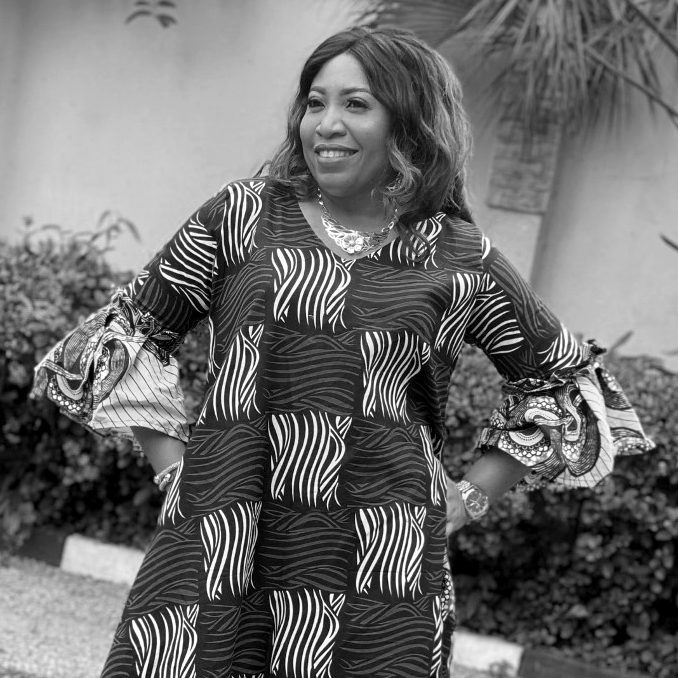
Joy Onyesoh
International President
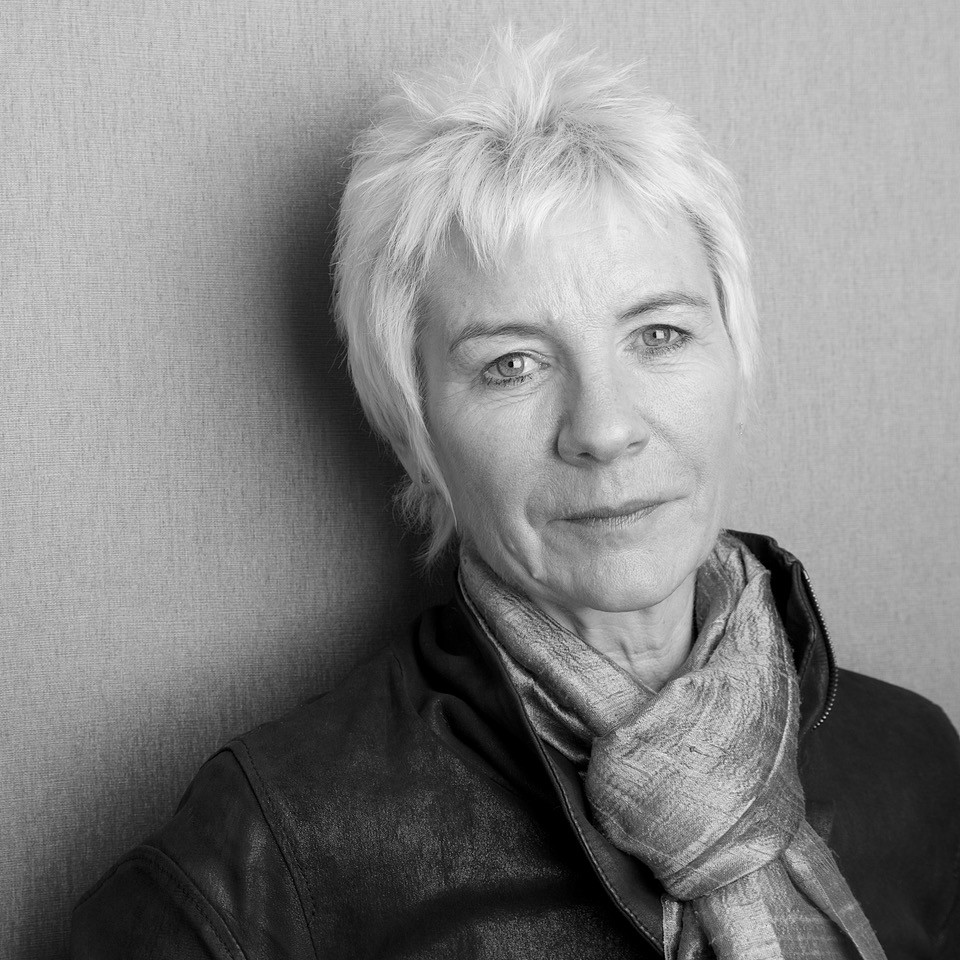
Madeleine Rees
Secretary-General
What are the root causes of inequality and injustice in our world today? How is the feminist peace movement a powerful force for change? In 2020, we explored the answers to these questions in a visually engaging new video showcasing how and why WILPF is committed to advancing peace and freedom for all.
View the video in the following languages:
[xyz-ips snippet=”123″]
Keeping focus,
building big ideas
WILPF’s COVID-19 Response: Action for Change
In 2020, WILPF mobilised a global movement to drive change for women and girls impacted by COVID-19 – supporting grassroots initiatives, demanding government action, and exposing inadequate responses to the pandemic through tireless research and analysis that examined and contextualised the impacts of COVID-19 through a feminist lens.
Read our publications analysing the impact of COVID-19 on women around the world and demanding action for a future of justice and peace.
2020 in
Numbers
Present in
0
countries
Our
0
activists live in 59 countries
0
staff and consultants around the globe
0
donors (9 new)
Thinking globally, acting locally. In 2020, WILPFers around the world worked within their own communities toward a shared vision of peace, justice, and equality for all.
Meet an Activist
Building a Culture of Feminist Peace in Afghanistan
In 2020, we launched a new video series to highlight the work of WILPFers dedicated to advancing the feminist peace movement in communities around the world.
Our first video in the series – the only one we were able to make prior to the COVID-19 lockdown – shares a look into WILPF Afghanistan’s efforts to transform mindsets and cultural attitudes preventing women from active social, economic, and political participation.
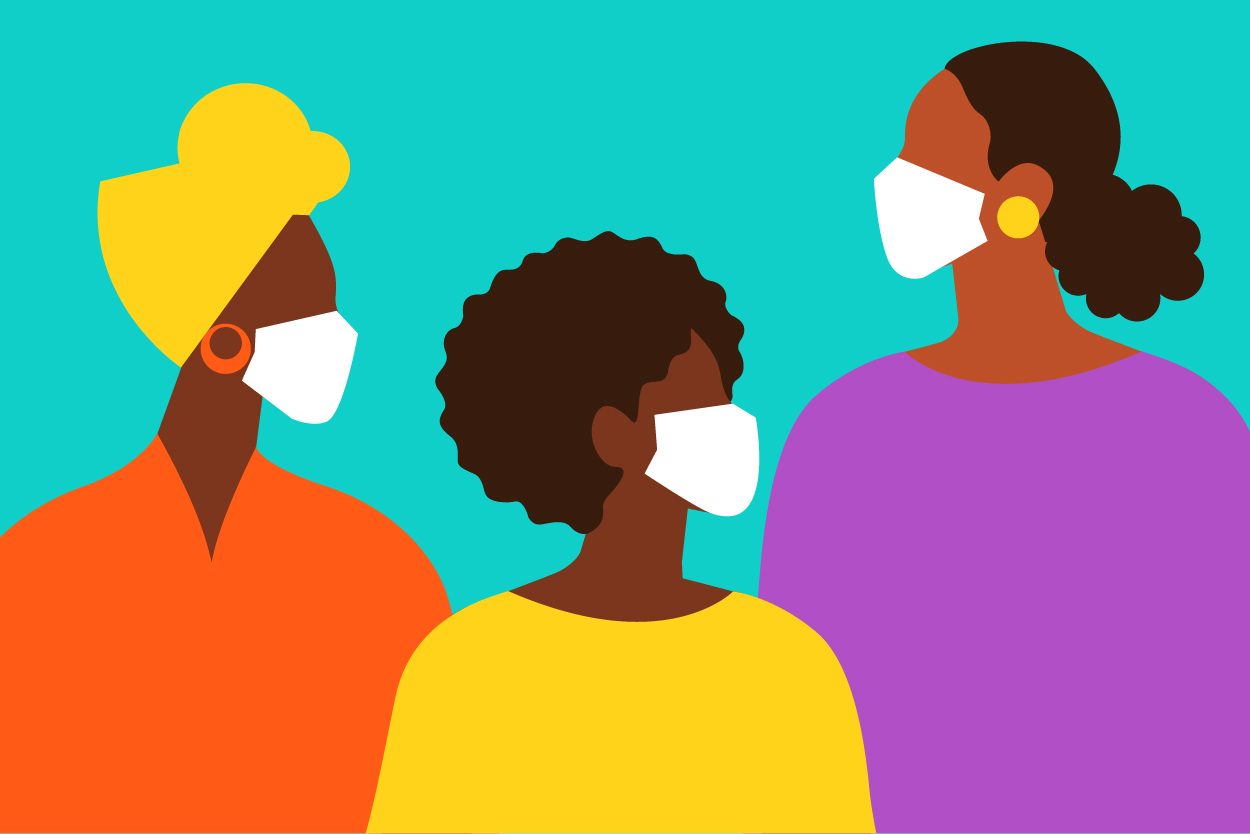
Virtual Africa Regional Meeting
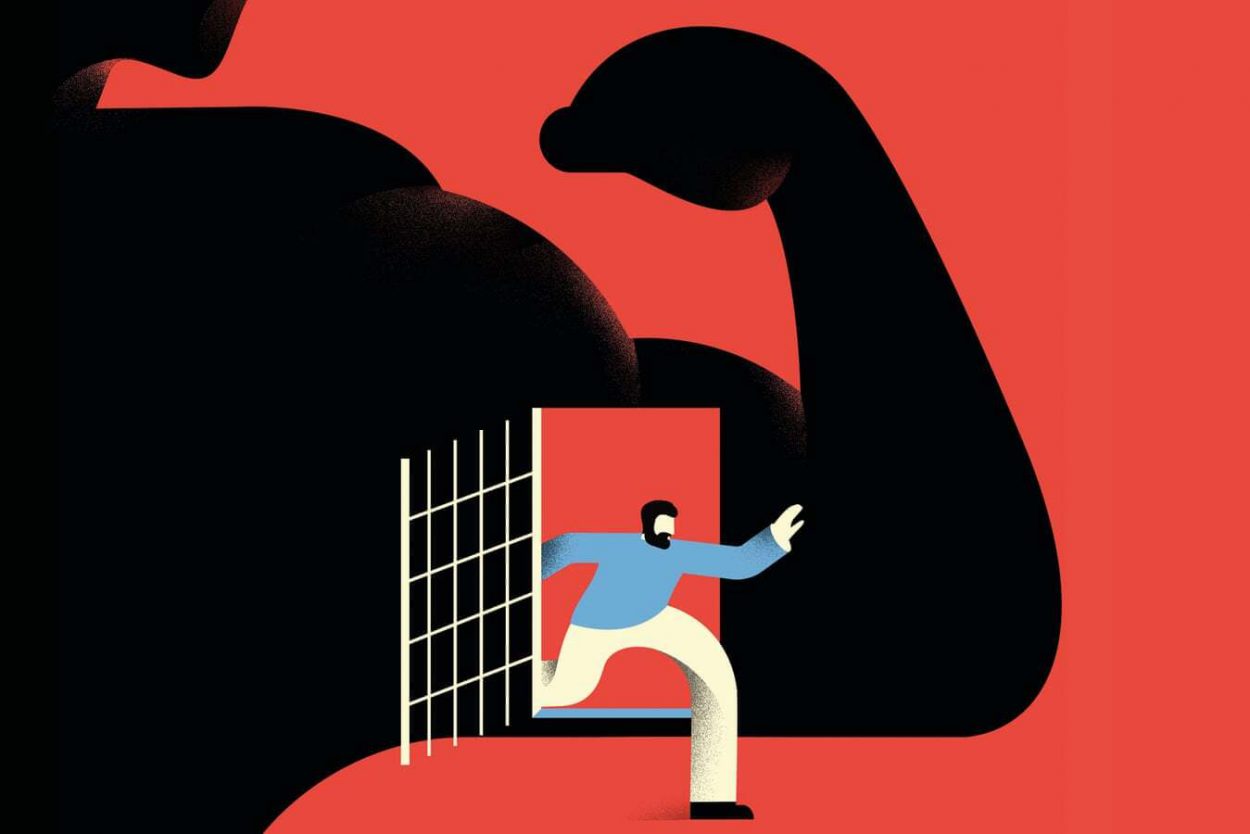
Mobilising Men for Feminist Peace

Peace Women Consultations
Our Community in 2020
0
WILPF Sections
across Europe, the Americas, Africa, Asia, and the MENA region
0
WILPF Groups
across Europe, the Americas, Africa, Asia, and the MENA region
0
MENA Partners
Egypt, Iraq, Lebanon, Libya, Palestine, Syria, Yemen
0
ACADEMIC NETWORK MEMBERS
Hover over the countries for highlights of work from selected WILPF Sections and Groups.
WILPF Map
WILPF Map (copy)
WILPF Sections and Groups
MENA Partners
WILPF Initiatives
WILPF Afghanistan
WILPF Argentina Group
WILPF Australia
WILPF Burkina Faso Group
WILPF Burundi Group
WILPF Cameroon
WILPF Canada
WILPF Chad
WILPF Costa Rica
WILPF Côte d’Ivoire Group
WILPF DRC
WILPF Denmark
WILPF Finland
WILPF Germany
WILPF Ghana
WILPF Italy
WILPF Netherlands
WILPF Norway
WILPF Pakistan
WILPF Sierra Leone group
WILPF Spain
WILPF Sri Lanka Group
WILPF Sweden
WILPF Switzerland
WILPF Uganda
WILPF UK
WILPF Zimbabwe
WILPF CAR Group
WILPF Kenya
WILPF Nigeria
WILPF Niger Group
WILPF Senegal Group
WILPF Somalia Group
WILPF Sudan Group
WILPF Togo Group
WILPF Colombia
WILPF Mexico
WILPF United States of America
WILPF Aotearoa
WILPF Japan
WILPF Palestine
WILPF India
WILPF Polynesia
WILPF Lebanon
Egypt (MENA)
Iraq (MENA)
Libya (MENA)
Syria (MENA)
Yemen (MENA)
Lebanon (MENA)
Palestine (MENA)
Ukraine
Bosnia and Herzegovina
Korean Peninsula
Sections not visibile on the map: WILPF Polynesia, WILPF Lebanon (also a MENA partner), and WILPF Palestine (also a MENA partner).
Country Stories
In Bosnia and Herzegovina, which continues to struggle with the consequences of the Bosnian War, WILPF is focused on networking with women activists and feminist organisations, creating spaces for dialogue on post-war reconstruction and recovery, and shaping feminist alternatives to the current neoliberal political economy.
In 2020, WILPF made three major submissions to the United Nations on areas of key concern within Bosnia and Herzegovina, including migration, human rights and conflict, and austerity.
[xyz-ips snippet=”123″]
The Korean War (1950-1953) must be resolved with a peace agreement.With a mission to educate, organise, and advocate for a peace agreement to end the Korean War, WILPF is a key partner in a global campaign called Korea Peace Now! Women Mobilizing to End the War.In 2020, Korea Peace Now! created spaces for dialogue, educated community members and governments about the need for a formal end to the Korean War, and engaged in analysis and lobbying activities in and around the United Nations.
In 2020, WILPF Cameroon published the results of a major research project examining gender dimensions related to the country’s conflicts.
Conducted in partnership with other civil society organisations and women activists, the analysis highlights the lived experiences of women and girls affected by conflict and advocates for spaces for women to participate in conflict prevention, mediation, and resolution.
The report was officially presented at the residence of the British High Commissioner during an event hosting local and international representatives for talks on human rights.
Since the beginning of the Syrian conflict, sexual violence against women has been used as a systemic weapon of war.
In 2020, WILPF connected with key stakeholders to influence discourse, analysis and work related to sexual violence and its impact on Syrian women.[xyz-ips snippet=”code”]
WILPF was able to successfully influence, the International, Impartial Independent Mechanism (IIIM) to apply WILPF’s proposed feminist contextual and analytical approach to their work, guiding their gender analysis framework to address sexual violence.
Previous
Next
ADVOCACY AND
INFLUENCE
Although the COVID-19 pandemic changed the way we work and communicate, our advocacy efforts continued without pause in 2020. Our progress was a direct result of the strength of WILPF’s global community — staff, members, partners, donors, and stakeholders — and the vision we share of a future defined by peace, justice, and human security.
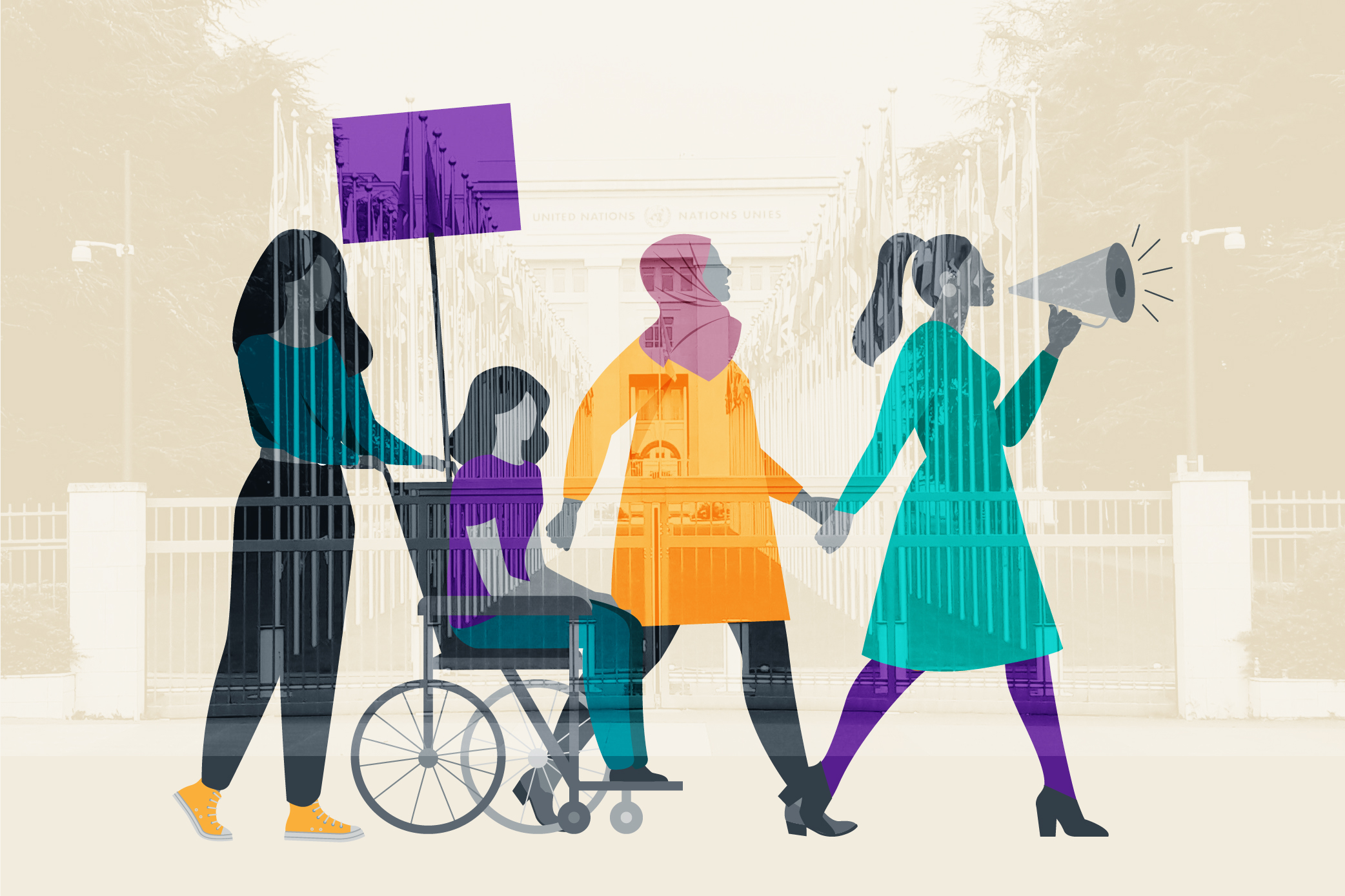
Over Two Decades Later, What Have These Women’s Rights Milestones Really Achieved?
2020 marked two major milestones for the women’s rights movement: the 25th anniversary of the Beijing Declaration and 20th anniversary of the adoption of UNSCR 1325 on Women, Peace and Security. But all these years later, it’s clear that meaningful progress is still yet to be made. In this story, we examine the state of women’s rights today and highlight WILPF’s ongoing efforts to advocate, organise, and analyse for change.

Feminists for Nuclear Disarmament
When the United States dropped two nuclear bombs on Japan in 1945, over 140,000 people lost their lives – and the bombs’ radiation has caused the harm to be felt for generations. Since then, WILPF has been a leading voice for the abolition of nuclear weapons. In 2020 – the 75th anniversary of the bombings – our years of activism contributed to the ratification of the UN’s Treaty on the Prohibition of Nuclear Weapons.
Read some of our selected advocacy documents produced in 2020.
0
statements given to the UN
0
submissions made to the UN
0
conference reports produced
0
activists joined one of our 14 advocacy trainings
Supporting and Protecting Women Human Rights Defenders
Monitoring the UN’s Work on Disarmament
Advancing Cyber Peace
Business and Human Rights: Raising Awareness
Launching the First-Ever Gender and Disarmament Database
Building Capacity, Strengthening the Movement
In this publication released together with the London School of Economics Centre for Women, Peace and Security, we examine the disappearance of language about the Women, Peace and Security Agenda in country-specific and WPS resolutions by the UN Security Council. Together with the publication comes a guide targeting civil society organisations.
This zine gathers stories about eco-feminist peace and showcases WILPF Sections’ and Groups’ activities done as part of WILPF’s Environmental Peace Education Initiative, which was launched in 2018. Through this zine, we highlight the close relationship between the environment, women’s rights, and peace.
This guide provides a framework for working on the Sustainable Development Goals (SDGs) from a feminist peace perspective. It is designed to help activists leverage the SDGs for conflict prevention and human security, by working with governments and others in civil society.
In this report released together with our partner Dawlaty, we map the contextual and organisational challenges Syrian women-led and feminist organisations working inside Syria, Lebanon, and Turkey face when it comes to transitional justice. The mapping assessed a total of 66 Syrian women-led grassroots organisations.
In this report published during the 75th session of the UN General Assembly, WILPF analyses the UN’s processes and forums during COVID-19 in the areas of disarmament, human rights, and women, peace, and security. The report particularly focuses on transparency and accessibility to civil society.
This report highlights the risks facing women’s rights and feminist organisations in the Middle East and North Africa (MENA) region. It provides multi-disciplinary stakeholders and activists with a concrete set of recommendations, with the overall aim of advancing the stability and progress of feminist organisations, movements, and agendas in MENA.
What should an international post-COVID-19 settlement look like? In this publication, six feminist principles for a post-COVID-19 recovery are presented. Originally shared with the UN General Assembly, they have now been made widely available in this report with the hope to bring new ideas, perspectives, and solutions forward.
This report is based on a series of global interviews, consultations, and meetings with feminist peace activists — the key actors who advocated for the adoption of UNSCR 1325. It documents their assessment of the past 20 years of implementation, and what more must be done to ensure women’s meaningful participation and prevent violence.
This e-Pub authored by Reaching Critical Will director Ray Acheson looks at the harms caused by border imperialism, police brutality, incarceration, weapons and war, and more. These essays demonstrate how each of these harms relies on and helps sustain the interconnected systems of militarism, capitalism, racism, and patriarchy.
Previous
Next
Walking the Green Feminist Road
The impacts of climate change and environmental destruction were felt deeply in 2020. As a global organisation, we renewed our commitment to advancing climate justice – including by supporting and highlighting eco-feminist activism among our Sections, and by taking a hard look at our own policies and practices.

Financials and Donors
Our People
Thank You
Analysis and action are the lifeblood of WILPF.
Throughout 2020, many of our Sections, Groups, and partners did amazing work in responding to the multiple crises that exploded during the pandemic: the pandemic within the pandemic that is gender-based violence, the lack of access to food, the collapse of basic healthcare services. The list goes on.
In addition to grassroots action, WILPFers also looked deeply into how COVID-19 exposed the structures that create and sustain gender discrimination — and how gender interacts with racism and white supremacy to compound inequalities and injustice.
In 2020, each of these intersecting challenges cried out for our collective attention with greater urgency than ever before. And we’re not just listening: we’re amplifying voices, advocating for change, and examining our own ways of being.
But there is still so much work to be done. 2021 has already shown us that the temperature is still too high. Calmness and clarity of purpose are needed in how we work, but so is passion. Passion to make the changes that history has shown us must be made if decency, trust, and solidarity can be made real.
As a great poet recently said, “It’s the past we step into and how we repair it.” If 2020 exposed the fault lines, in 2021 the tectonic plates of change are moving. The transformative repair work must now begin.


